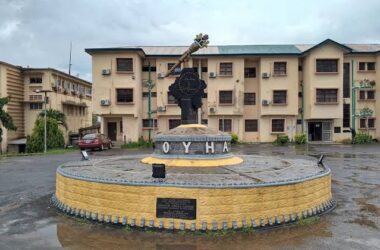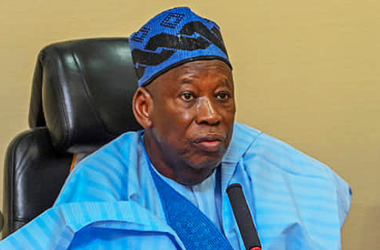Renowned Senior Advocate of Nigeria, Chief Robert Clarke, has affirmed that President Bola Tinubu’s decision to appoint Justice Kudirat Kekere-Ekun as the acting Chief Justice of Nigeria (CJN) is both constitutional and lawful.
Justice Kekere-Ekun was sworn in by President Tinubu on August 23 as the 23rd CJN, following the retirement of her predecessor, Justice Olukayode Ariwoola, who reached the mandatory retirement age of 70.
Speaking on Arise News, Clarke addressed concerns regarding Kekere-Ekun’s appointment without prior Senate confirmation. He clarified that the constitution allows the president to appoint an acting CJN, with the Senate’s role being to confirm or reject the nomination at a later time.
He said, “What you are suggesting now is that what people are saying- that they should have asked her to wait until the Supreme Court confirms before she was being administered under oath to take over the post. If that did not happen, she would still be acting as the most senior judge on the bench. She will still be acting as the acting Chief Justice of the Federation. All these are semantics, as far as I’m concerned.
“There is no impediment to any constitutional provisions that say a CJ cannot be sworn in by the president. After all, the president is the appointing- under the constitution, the president is the appointing officer. The Senate is only to confirm or reject, and if they reject, it will still take another term. She will be brought back. So, I don’t see any fundamental infringement of the Constitution.
“The constitution did not say the period of time the Senate President will confirm what had been done by the President. So, if the President appoints someone who has the right under the law to do so, the confirmation can come two months or three months [later]. So, there’s nothing wrong with that. It has nothing to do with the appointment.
“If the Senate is not ready to confirm, then it will give reasons, and those reasons will be looked into. But its duty is only to confirm. So, that’s why I said it’s semantics. It doesn’t touch any legality or illegality.”










